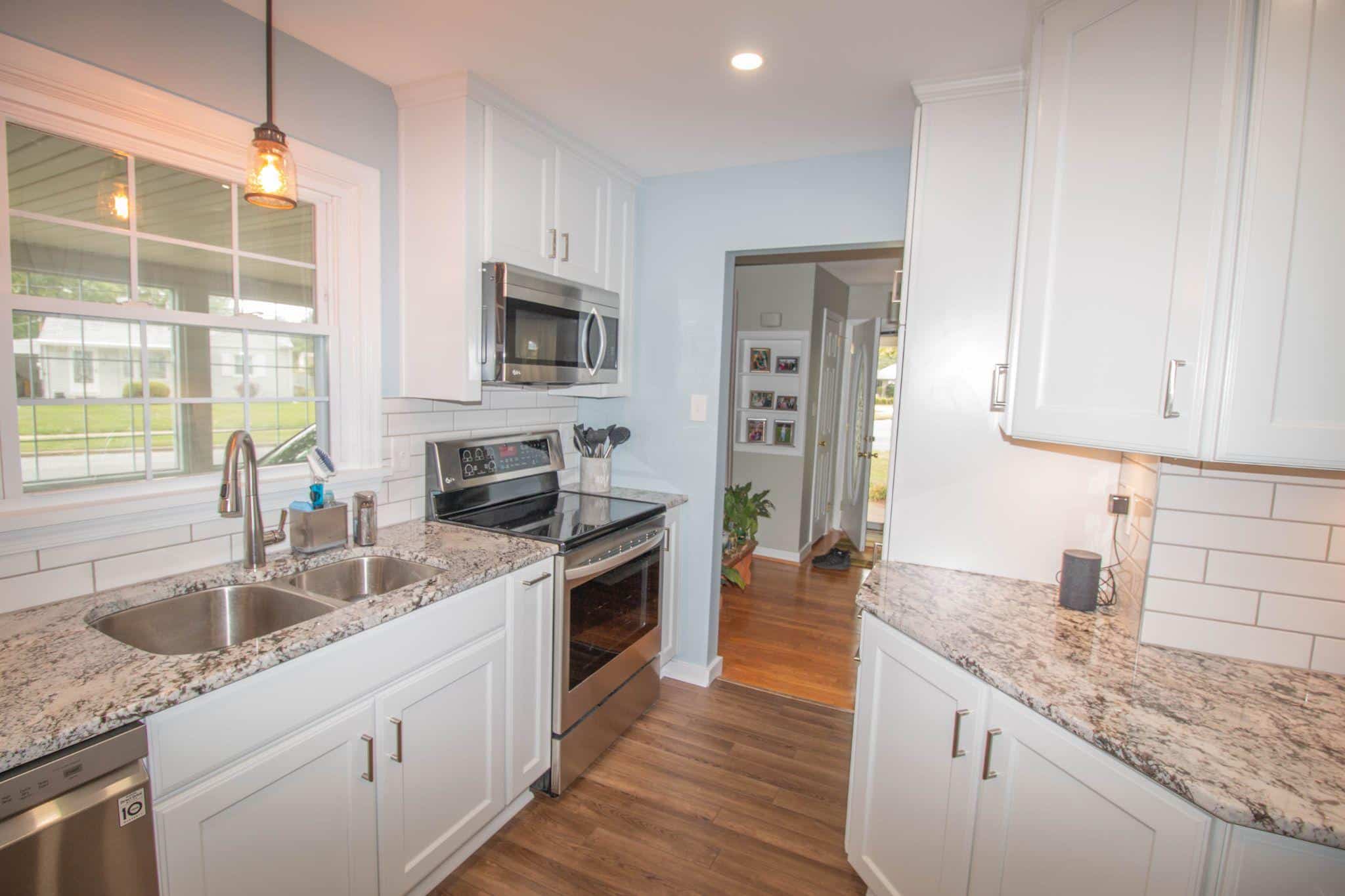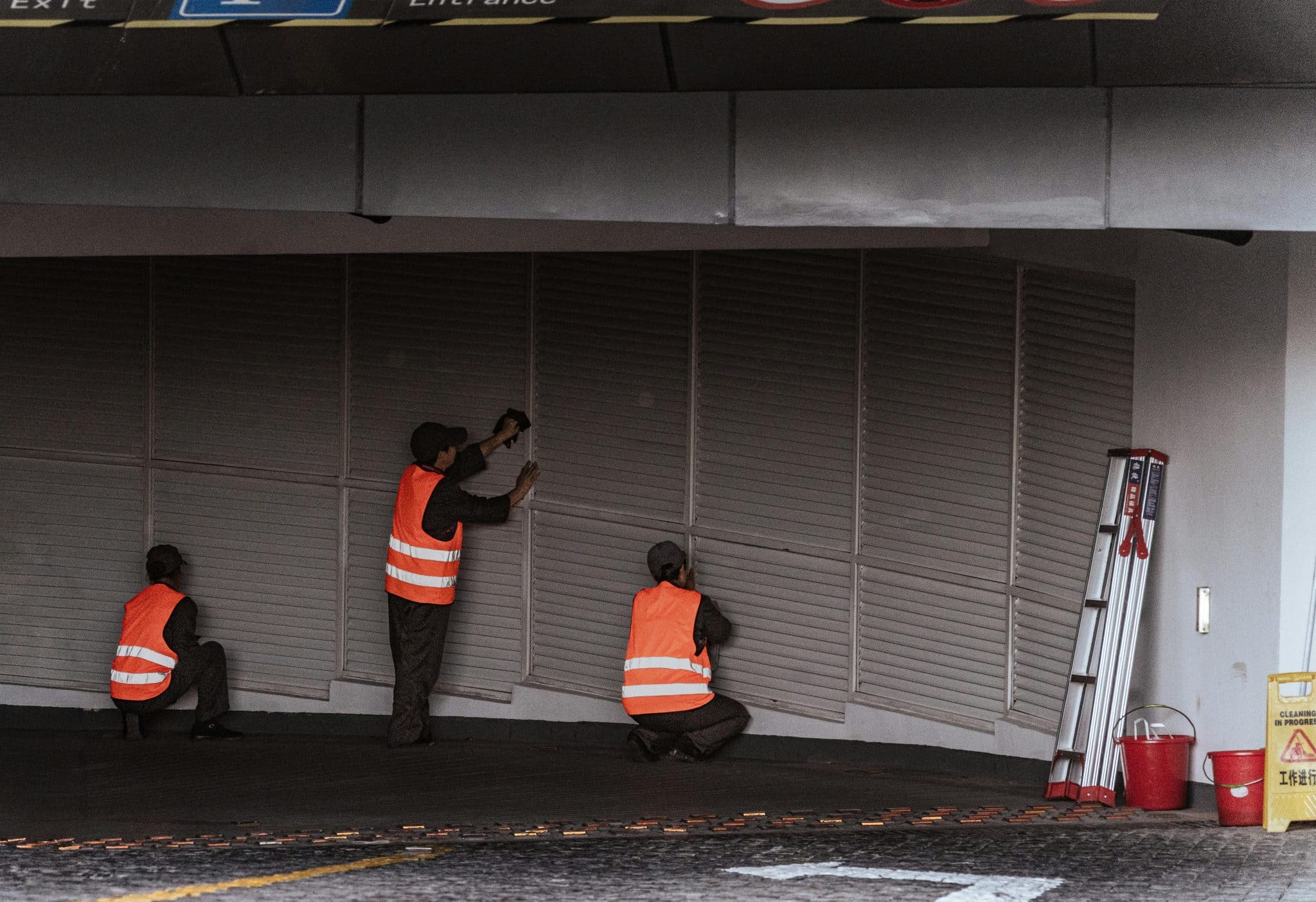Transforming a corner of the world into a safe, comfortable retreat is the dream for many travelers. Whether buying a villa by the sea or renting a mountainside chalet, there’s loads to love about putting down a few roots in your favorite vacation destination. What’s not to love about having your own slice of Caribbean paradise, perfect for setting sail on cruises and embarking on endless adventures?
But before you start hanging mirrors and choosing curtains, it is important to do your research. Before buying or renting a property abroad you must explore the legal limitations and financial considerations that come with the decision to rent or buy somewhere overseas. This guide will get you started with some of the key legal aspects of renting vs owning abroad, giving you the knowledge you need to decorate your slice of paradise.
Ownership Rights: Know What You’re Getting Into
Ownership laws in foreign countries can be complicated and often vary from country to country. Some places let foreigners buy property normally, while other destinations put significant restrictions on foreign property ownership.
Before you buy, it is vital that you know what the local laws and regulations are. It is always worth talking to a local lawyer who will be more familiar with the situation on the ground and will be able to offer expert advice, as well as dealing with paperwork that might be in a foreign language.
Obviously if you are renting you will have fewer issues when it comes to the law, but foreign tenants may still find that there are limitations and regulations they need to know about, particularly when it comes to long-term leases. You may not be able to rent somewhere for longer than 6 months without a special visa or a residency permit.
Taxes and Fees: Don’t Let Them Catch You Off-Guard
Taxes are always an issue that can catch foreign property owners and renters off-guard. If you own a property, you will have to pay local property taxes in addition to taxes back home. You’ll need to be aware of these, as well as any taxes on rental income if you plan to rent out your vacation home when you aren’t there.
Renting usually comes with less stress, but there will be a number of fees that may be relevant, such as tourist taxes and maintenance costs.
Long-Term Renting vs. Short-Term Leases
Renting a property for the short term is usually a relatively simple process, but if you want a more stable base you will need to rent long-term, but this will usually come with stronger regulations and stricter requirements, like proof of financial stability, references, and even specific visas.
Renovations and Decorating: What Are Your Rights?
Whether you are renting or buying, chances are you’ll want to make the place your own. But it is important to know what you are permitted to do inside and outside of your property before you break out your DIY tools! There are often limitations on what modifications you can make to a property abroad, even if you own it.
For renters, landlords usually have very specific restrictions on what is permitted, and often will prohibit any permanent changings like putting nails or screws in the wall or changing the layout of the space. If you own your property, you’ll be able to do whatever you like inside, but you may still be restricted on what you can do to the exterior of your home.
Regardless of whether you are renting or buying abroad, being on top of all the relevant rules and regulations is vital. Understanding the legal landscape gives you the confidence to plan, decorate, and enjoy your dream destination to your heart’s content!









